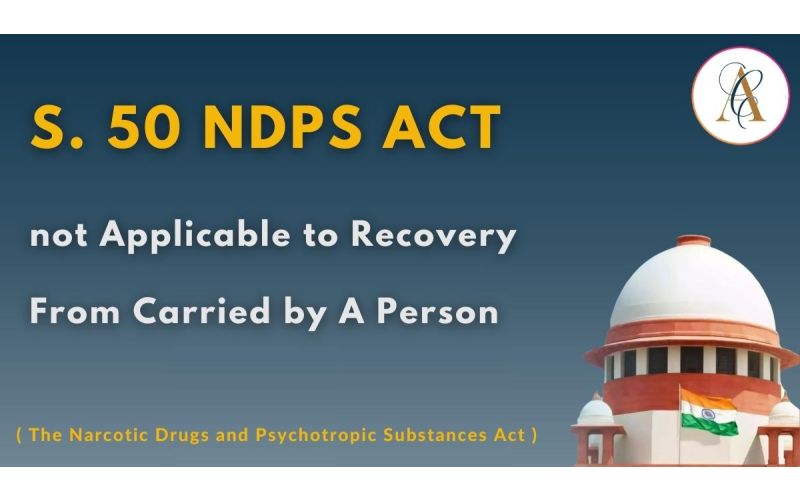Adolescent Privacy Rights: A Critical Issue in India’s Evo

Adolescent Privacy Rights: A Critical Issue in India’s Evolving Digital Landscape
The rapid advancement of technology has transformed the lives of adolescents in India, providing unprecedented access to information, social connectivity, and learning tools. However, this digital revolution has also created a complex challenge—safeguarding the privacy of adolescents who are increasingly exposed to data collection, surveillance, and digital vulnerabilities.
The Digital Age and Privacy Concerns
With the rise of smartphones, social media, and e-learning platforms, adolescents are more engaged online than ever before. While this engagement fosters education and global connectivity, it also opens the door to potential privacy violations. From the sharing of personal information to location tracking and targeted advertisements, the digital footprints left by adolescents make them susceptible to privacy breaches.
Legal Framework in India
India's legislative framework to protect adolescent privacy is still in a nascent stage. The Information Technology Act, 2000 and its amendments provide a general structure, but they lack a dedicated focus on minors. The proposed Personal Data Protection Bill (PDP Bill) aims to address this gap by introducing stricter provisions for processing the personal data of minors, including parental consent requirements and restrictions on data profiling of children. However, the bill has yet to become law, and until then, the protection remains inadequate.
Privacy in Education and Social Media
Adolescents are increasingly participating in online educational platforms, especially post-pandemic, where digital learning has taken center stage. While these platforms provide valuable educational resources, the amount of personal data collected from young users—ranging from their academic performance to behavioral patterns—raises serious privacy concerns.
Similarly, social media platforms expose adolescents to privacy risks, including cyberbullying, stalking, and the sharing of sensitive personal information without informed consent. Social media companies often collect data to build profiles for targeted advertising, further complicating the matter of adolescent data protection.
The Role of Parents and Guardians
As legal frameworks evolve, the role of parents and guardians in ensuring the privacy of adolescents cannot be overstated. Educating adolescents about the potential risks of sharing personal information online and monitoring their digital activities responsibly are critical steps in minimizing privacy violations. However, excessive parental control may also lead to infringement on the adolescent’s right to autonomy, creating a delicate balance.
Supreme Court's Stance on Privacy
The Supreme Court of India’s landmark decision in the Puttaswamy Case (2017), which recognized privacy as a fundamental right under Article 21, applies to all citizens, including adolescents. The court acknowledged that minors deserve special protection due to their age and vulnerability, placing a duty on the state to ensure that their right to privacy is safeguarded in the digital age.
Conclusion
As India continues to navigate its digital transformation, protecting the privacy of adolescents has become an urgent issue. The pending Personal Data Protection Bill is a step in the right direction, but until it is enacted, legal professionals, educators, parents, and guardians must work together to create a safe and privacy-conscious environment for adolescents online.
Adolescent privacy rights are not just about legal compliance—they are about preserving the dignity, autonomy, and security of the next generation.
Post Categories
Featured Posts
Latest Posts
Latest Posts

Members Of Railway Protection Force Can Seek Benefit Under Employees Compensation Act Though RPF...
The Supreme Court on Monday held that an officer of the Railway Protection Force RPF can seek compensation under Employees Compensation Act even though the RPF has been declared to be an armed force of the Union ldquo in...

Children Born Out Of Irregular Marriage Legitimate Muslim Law Supreme Court...
The Rajya Sabha has passed the JThe Supreme Court has noted that children born out of irregular marriages including one between a Muslim man and a Hindu woman are legitimate and therefore eligible to inherit intestate property as per applicable...

S NDPS Act Not Applicable To Recovery From Bag Carried By A Person Supreme...
The Supreme Court recently reiterated that the conditions for personal search as specified in Section of the Narcotic Drugs and Psychotropic Substances Act are applicable only for the search of the physical body of the person and not for...

Cheque Bounce Case Can Be Quashed U S Only If Amount Is Patently Non-Recoverable...
The Supreme Court observed that the question whether a cheque was issued towards a time barred debt is to be decided on evidence ldquo It is only in cases wherein an amount which is out and out non-recoverable towards which...

Motor Accident Claims No Right To Recovery For Insurer Merely Because Vehicle Owner Didn't...
The Supreme Court on Monday th October held that an insurance company cannot claim that it is not liable to pay compensation in a motor vehicle accident claim just because the vehicle owner did not verify the genuineness of the...

Speak With Our
Get a Appointment

















